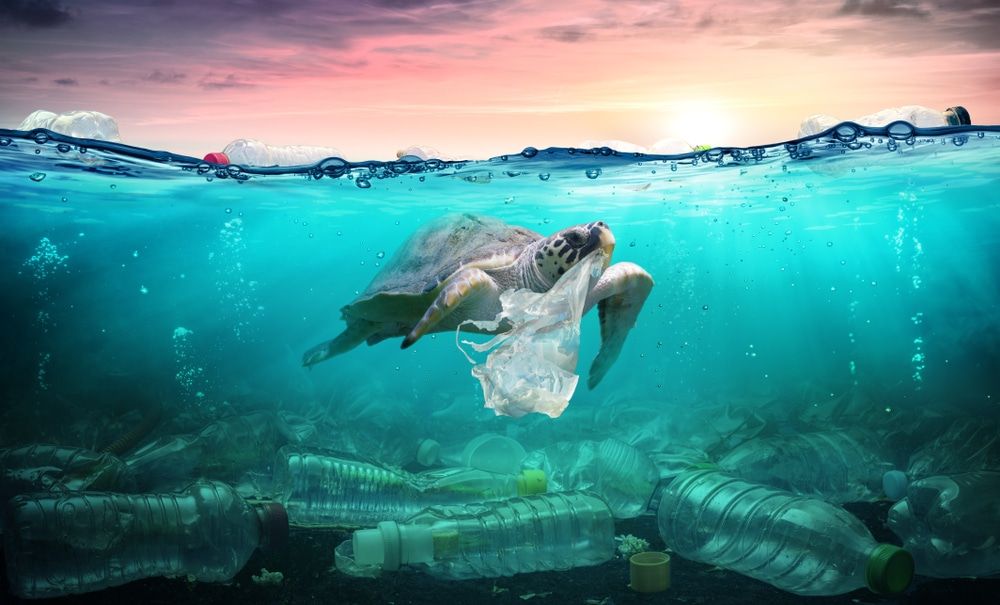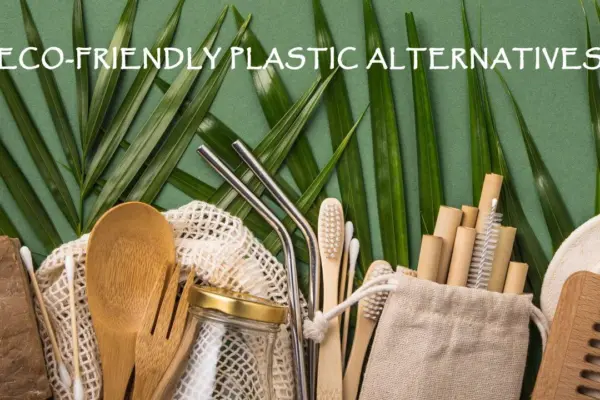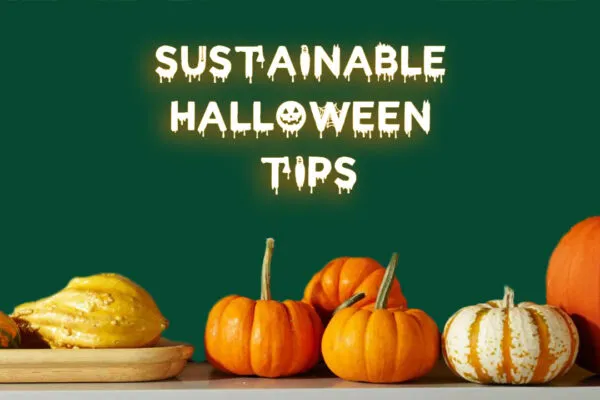Marine Megafauna Faces Mortal Danger from Plastic Debris, Reveals a Study
The arrogance of humans makes them think that with their unlimited capacity to absorb and renew, oceans can take in anything and everything. The result – the oceans are choking with plastic garbage that man so carelessly dispose of in them. Much study has been done on the issue, many steps have been taken to stop ocean plastic pollution, but to no avail. While it is no news that plastic debris can fatally injure the marine species, the effects of ocean plastic on marine megafauna haven’t been studied much, which is killing many species.
However, according to a review of hundreds of scientific articles, plastic bags and flexible packaging are the deadliest plastic items that pose a mortal risk to marine species, including whales, dolphins, turtles and seabirds around the globe. Aquatic animals mistake the plastic debris for food, such as discarded fishing nets, latex gloves, and balloons etc. which could prove lethal to them.

Plastic debris are killing marine megafauna | Image: AZoCleantech
Published in the journal Conservation Letters, the review analyzed 655 scientific articles about marine debris and discovered that 79 studies across all inhabited continents detailed deaths in cetaceans (whales and dolphins), pinnipeds (seals and sea lions), sea turtles and seabirds.
The review – by Commonwealth Scientific and Industrial Research Organization (CSIRO), which is an Australian government science agency responsible for scientific research – found that ingesting plastic was accountable for killing animals across 80 different species.
Also Read: Ocean Plastic Has Potentially Disastrous Effects on Marine Species
Big marine animals such as whales, dolphins and turtles were particularly at risk from the consumption of plastic debris, with seabirds deaths linked more with ingestion of solid plastic pieces. Fishing lines and nets were found to be most lethal to seals and sea lions.
Marine ecologist Dr Lauren Roman, who led the study, said,
Death from eating any of these items is not a quick one and it is not likely to be painless. It’s a pretty awful way to die. It’s important we don’t conflate the amount of plastic with how deadly it is. For example, microfibres are probably not going to kill a whale, but for the first time we have quantified what’s being eaten, what’s deadly, and then (are going to) see which (of the items) can be controlled through policies.
The study aimed to comprehend the impact of ocean plastic and other marine debris on various aquatic species and to determine which species are at the most risk. Roman said that while there was plenty of plastic in the ocean, some types were more harmful than others.
The most suspiciously injurious item was rubber, but the studies reviewed could not identify the source of this waste. Flexible plastic, which is used for plastic bags and packaging was discovered to be specifically dangerous as it was both abundant and hazardous.
The studies assessed in the review had looked at 1,328 animal deaths, but debris was plainly acknowledged as the cause of death in 195 animals. However, the lack of data on deaths due to marine debris prevents the analyses on a wider scale, which is mostly contributed to the circumstance, as most animals that die are never found by humans.
The study also noted the potential policy responses to decrease the number of harmful items in the ocean. It stated,
To reduce megafauna mortality, we recommend policymakers focus on reduction through regulation, prohibition and replacement of high‐mortality-risk large items such as plastic bags, plastic packaging, plastic sheets, fishing rope, nets, tackle and balloons. Reducing the abundance of these items in the environment would directly reduce mortality of marine megafauna through lesser megafauna–debris encounters and interactions.
While this study shows the appropriate path ahead, it is difficult to fathom that humankind would renounce the use of plastic that has made man’s life so much easier.


